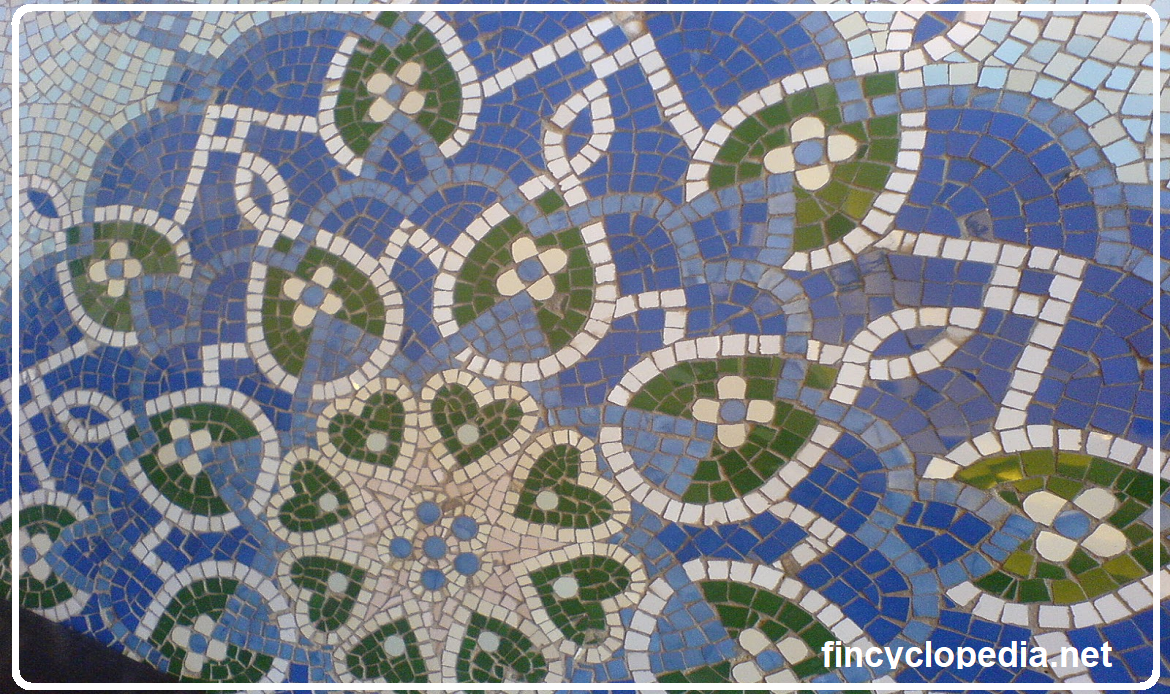Murabaha (also spelled murabahah) is a shari’a permissible mode of debt financing which involves the sale of a commodity mostly for a deferred price. The two parties to the contract are: a financier (usually an Islamic bank) and a client.
In its business form, murabaha is initiated when a potential buyer orders a commodity to pay for it with a specified mark-up (profit). The seller accepts and accordingly procures the commodity. Once the commodity is legally possessed by the seller, the buyer is asked to purchase it and takes delivery. As such, the commodity must exist at the time of contract, and must be owned by the seller at that time whether via constructive (qabd hukmi) or physical possession (qabd fe’eli). Furthermore, quality and quantity must be defined in clear-cut terms, and the exact date and method of delivery must also be specified.
Indirect expenses associated with murabaha are all expenses indirectly incurred by the murabaha seller (the financier) and not directly related to the original cost of the object of sale (the subject-matter of murabaha), and hence are not chargeable on the murabaha buyer. Indirect expenses include staff wages, labor charges, etc. By nature, such expenses are not part of the cost of acquisition, and shall not be included in the acquisition cost. However, expenses of services that are integral to the murabaha asset such as installation/configuration expenses may be added to the acquisition costs of that asset.







